Poaching, or the illegal hunting or capturing of animals, is a big problem in many parts of the world. Despite being protected by law, many rare and endangered animals, such as rhinoceros or elephants, are killed by hunters. These hunters will often be sent to jail if they are caught poaching a protected species. So why do they risk it?
Because parts of these animals (in the case of rhinos and elephants, it's their horns and tusks) are worth a lot of money on "black markets." (A black market is an underground, or secret, network where illegal goods are bought and sold.) In other words, it's worth the risk for these poachers. Not only can they become rich, but authorities have a difficult time stopping them. The "good guys"—wildlife park rangers, police, border inspectors—are often overwhelmed by the demands of keeping an eye on crafty poachers. But those good guys may find themselves getting help from an unlikely friend...
Giant rats!
You don't smell a giant rat, it smells you
A baby giant rat being trained to sniff out landmines. (Getty Embed)
The African giant pouched rat is big. It can be almost 1 metre (around 3 feet) long when you include the tail. That's large enough to make it one of the world's biggest rodents. They can't see terribly well... but their sense of smell is exceptional. It is so powerful and accurate that these mammals are already being used for a number of important and lifesaving detective duties.
This giant rat works in a lab to sniff out tuberculosis, an infectious disease. (Getty Embed)
They are used in countries like Cambodia and Tanzania to sniff out buried landmines. Landmines are bombs buried in the ground that explode when stepped upon. Meanwhile, in Mozambique, they are used to smell for tuberculosis infections in patients. Tuberculosis, or TB, is a deadly infectious disease that is still a big problem in many parts of the world.
And now authorities in Tanzania want to put these giant rats to use capturing poachers, too. But not the poachers of elephants or rhinos. They're looking to save one of the most illegally hunted animals on Earth: the pangolin.
Even his armour isn't protecting this fellow
A park ranger in Zimbabwe holds a pangolin. The animal is critically endangered. (Getty Embed)
The pangolin of Asia and Africa is a lot like its cousin, the armadillo. Both are cat-sized mammals that are covered in natural "armour." They both defend themselves by rolling into a ball that predators can't penetrate with their claws or teeth. But where the armadillo has large armoured sections, the pangolin has hundreds of interlocking scales that cover its entire body. This armour may protect it against its fair share of natural predators, but it doesn't work so well against a poacher's rifle. Poachers kill pangolins to sell their meat (which is considered a delicacy) and their scales. Ancient medicine in places like China say that ground pangolin scales can soothe and cure many health problems, even cancer.
So how would the giant rats help? Presently, these rodents are being trained to be able to sniff out pangolin skin and scales. Authorities hope that eventually they can be used to sniff out hidden pangolins in shipping containers that are about to make their way from Africa to countries like China. Then the poachers can be arrested before they can sell the pangolins... or be able to kill anymore of these endangered animals.
Here's hoping they succeed. Even armoured animals can use a protector now and then!
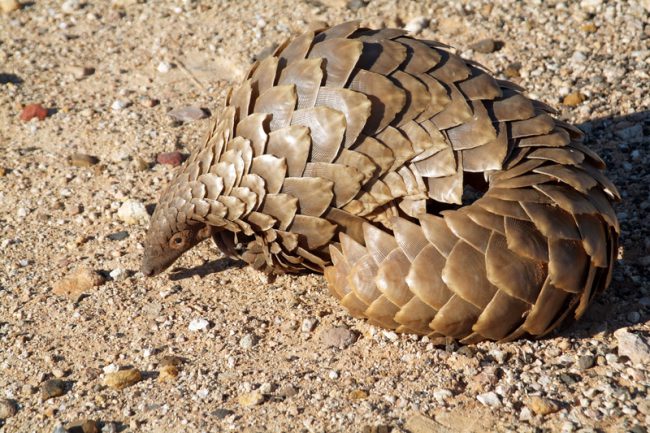 The endangered pangolin needs help. Can it be saved by giant rats? (© Peter Titmuss | Dreamstime.com)
The endangered pangolin needs help. Can it be saved by giant rats? (© Peter Titmuss | Dreamstime.com)
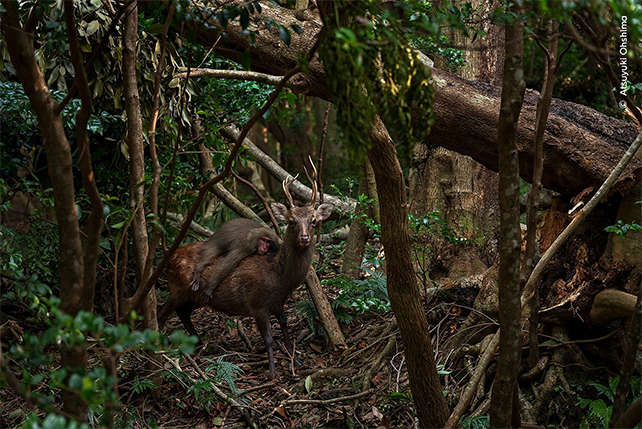

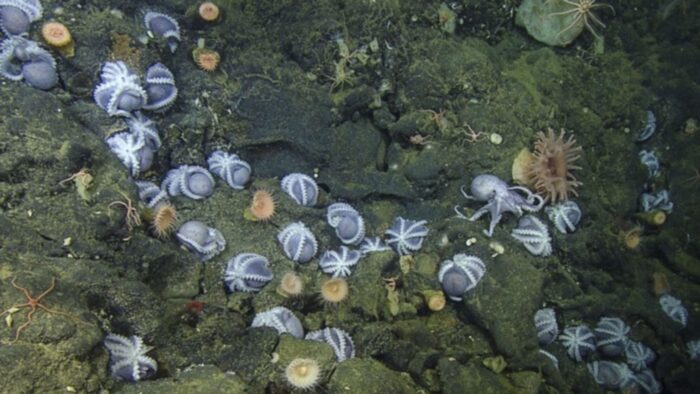
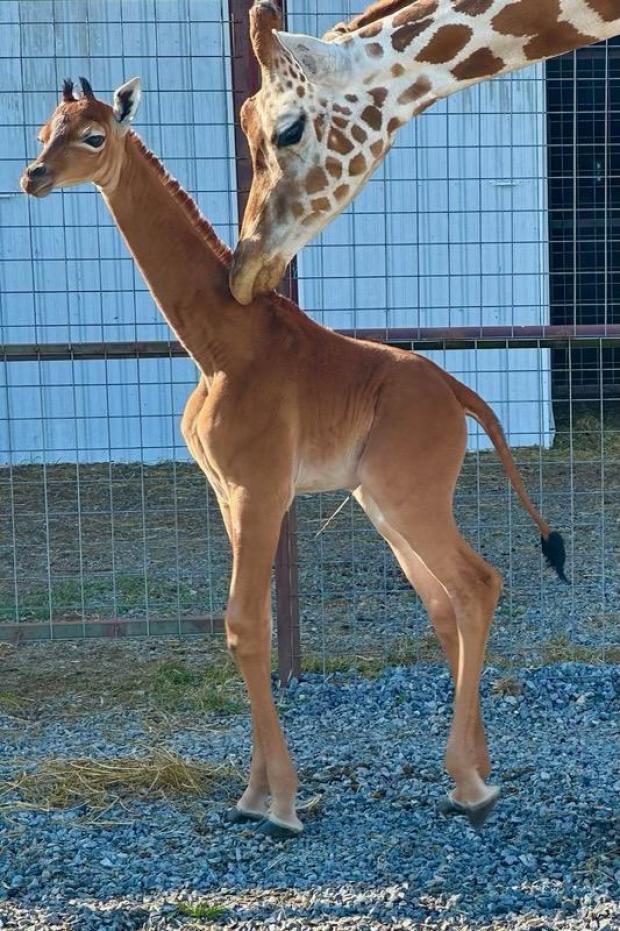

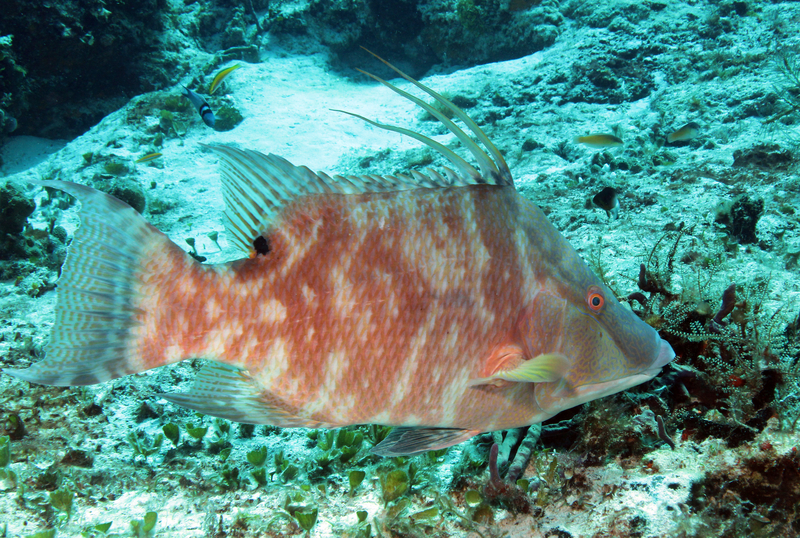


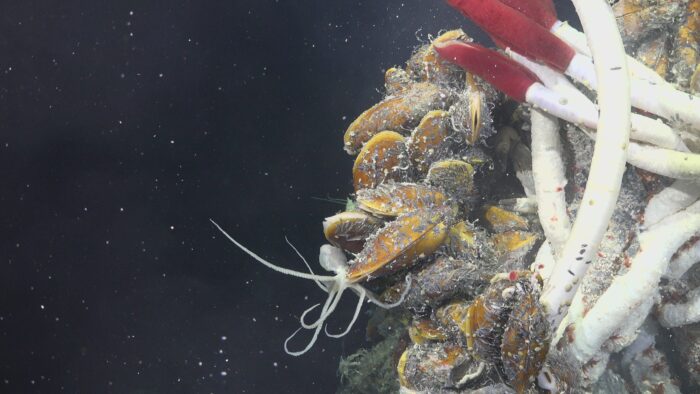
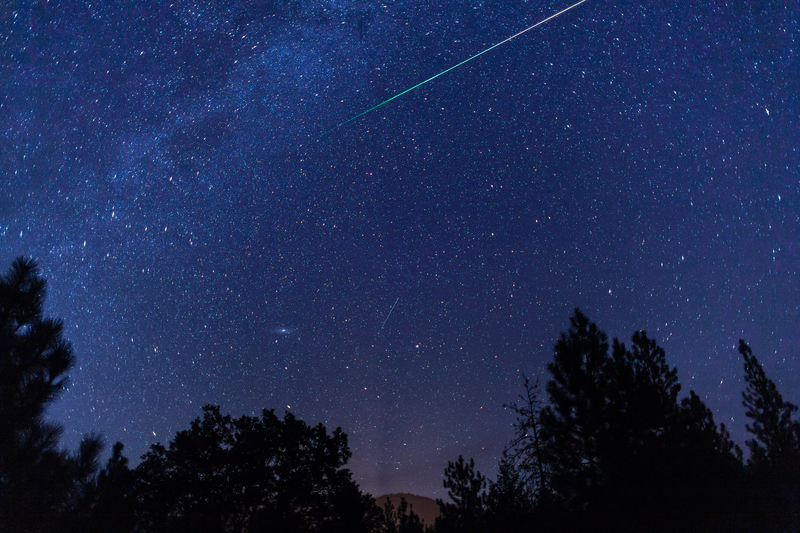
That’s so cool.
😀 ❗ ❗ ❗ ❗ ❗ ❗ ❗ ❗ ❗ ❗ ❗ ❗ ❗ ❗ ❗ ❗ ❗ ❗ ❗ 😉 ❗ ❗ ❗ ❗ ❗ ❗ ❗ ❗ ❗ ❗ ❗ ❗ ❗ ❗ ❗ ❗ ❗ ❗ ❗ ❗ ❗ ❗ 🙂 ❗ ❗ ❗ ❗ ❗ ❗ ❗ ❗ ❗ ❗ ❗ ❗ ❗ ❗ ❗ ❗ ❗